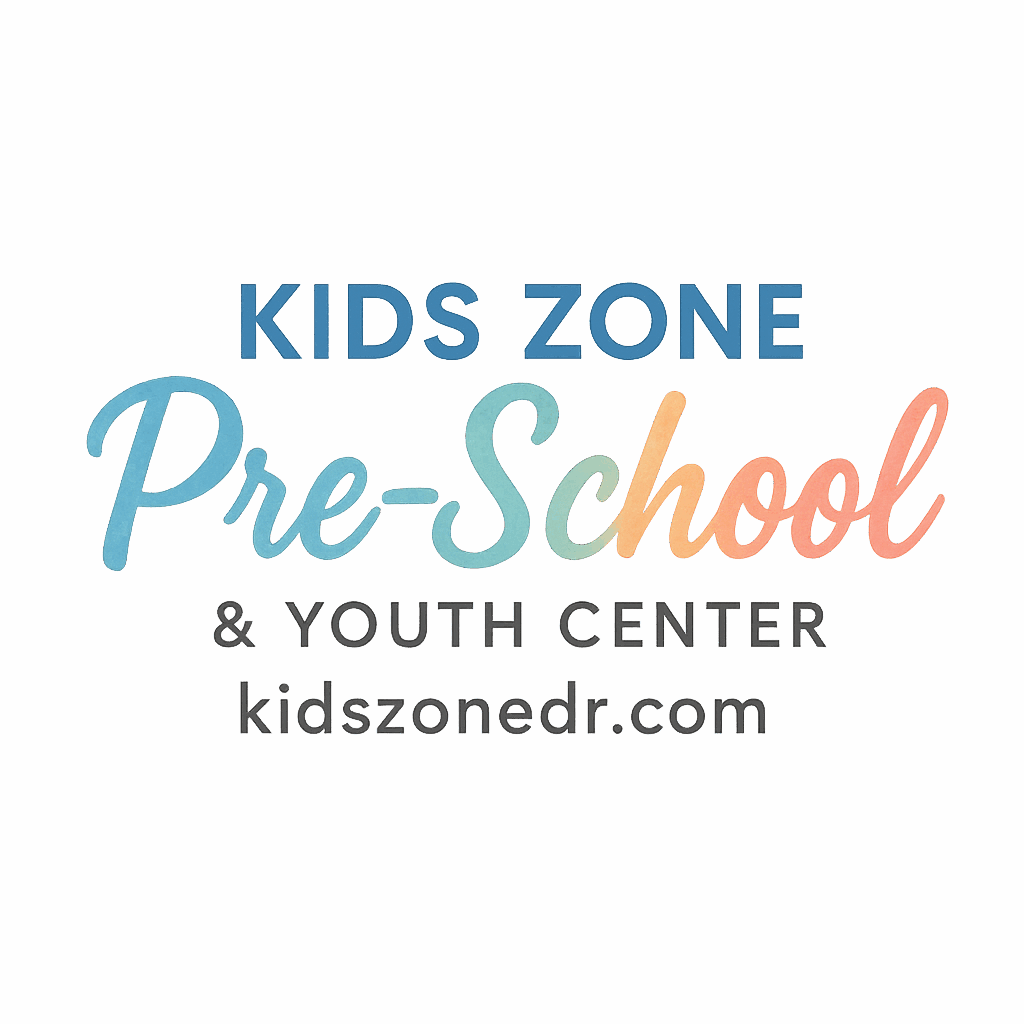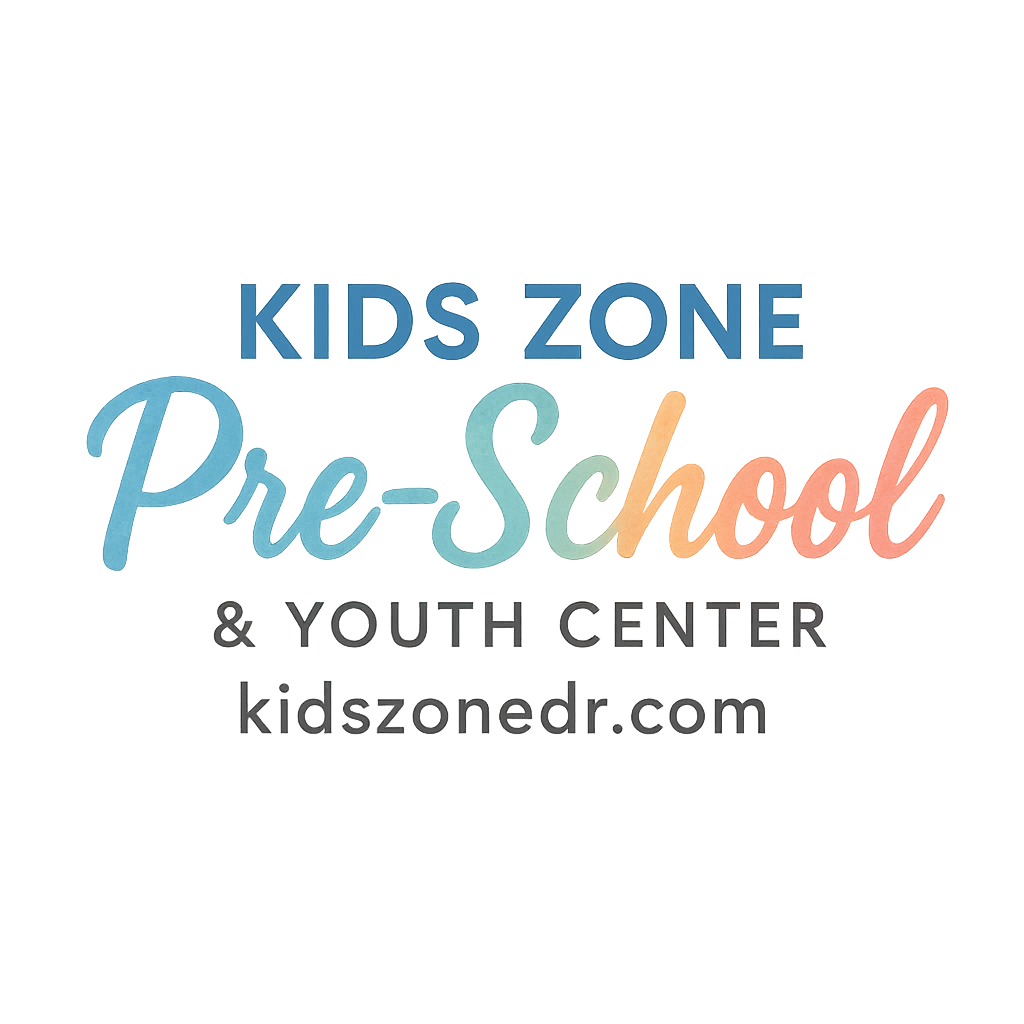Introduction: Why Puzzles Matter in Early Learning
If you’ve ever watched a preschooler sit down with a puzzle, you’ll notice the spark of curiosity in their eyes. Puzzles aren’t just quiet-time activities—they’re powerful learning tools that help children grow, explore, and make sense of the world. At youth centers and preschools, puzzle play builds problem-solving skills that children carry with them into school and life.
Benefits of Puzzle Play for Children
Enhances Cognitive Development
When kids manipulate puzzle pieces, they’re working through trial and error. This kind of brain exercise strengthens memory, logical thinking, and concentration.
Improves Fine Motor Skills
Preschoolers are still developing their hand-eye coordination. Grasping small puzzle pieces, fitting shapes, and flipping tiles are fun ways to strengthen these skills.
Builds Patience and Confidence
Finishing a puzzle is a big win for little learners. It teaches persistence and gives them the confidence to try harder challenges.
Encourages Social Interaction
In a preschool or youth center setting, puzzles encourage teamwork. Kids share ideas, take turns, and learn to communicate better when solving puzzles together.
How to Choose the Right Puzzles for Preschoolers
Age-Appropriate Puzzle Selection
You wouldn’t give a toddler a 500-piece jigsaw, right? Choosing puzzles suited for age and skill level ensures children feel challenged but not overwhelmed.
Safety Considerations
Avoid puzzles with tiny detachable pieces that can become choking hazards. Wooden and foam puzzles are sturdy, safe, and perfect for preschool play.
Aligning with Preschool Routines
Puzzles can be woven into daily preschool activities. For example, shape sorters during morning play or alphabet puzzles during literacy sessions. Learn more about creating balanced routines at Daily Routines & Activities.
11 Preschool & Youth Center Puzzle Ideas for Problem Solving
1. Classic Jigsaw Puzzles
Start with 4–12 large-piece puzzles featuring animals, cars, or nature scenes. Jigsaws boost visual recognition and spatial awareness.
2. Shape Sorting Boards
These puzzles help toddlers recognize colors, shapes, and sizes. They also reinforce early math concepts like classification and matching.
3. Wooden Block Puzzles
Sturdy and durable, block puzzles allow children to build and arrange images. Perfect for group play in youth centers.
4. Number and Alphabet Puzzles
Introduce numbers and letters through colorful puzzle boards. They make early literacy and numeracy learning engaging and playful.

5. Tangram Sets
Tangrams are brilliant for creative problem-solving. Preschoolers use geometric shapes to form pictures, developing imagination and critical thinking.
6. Matching Picture Cards
Memory and concentration games are easy to set up. Picture-matching puzzles build recall and recognition skills in a fun way.
7. Mazes and Labyrinth Boards
Tracing a path from start to finish challenges children to think ahead. They’re excellent tools for strengthening logical reasoning.
8. DIY Puzzle Crafts
Preschoolers can create their own puzzles by cutting pictures or drawings into pieces. This adds creativity to the traditional puzzle experience.
9. Interactive Floor Puzzles
Giant floor puzzles promote collaboration. Children can gather around and work as a team, fostering problem-solving and communication.
10. Logic and Sequence Puzzles
These involve ordering pictures or steps—like “brushing teeth” or “planting a seed.” They’re fantastic for teaching sequencing and daily habits.
11. Team-Based Puzzle Challenges
Set up group puzzle races where kids must solve puzzles together. It combines problem-solving with teamwork and builds confidence.
Integrating Puzzle Play into Daily Preschool Routines
Morning Circle Activities
Kickstart the day with a short puzzle challenge. It energizes kids and sets a positive tone for learning.
Small Group Play
Puzzles work perfectly for small-group stations, encouraging collaboration and peer learning.
Independent Exploration Time
Offer puzzles as a quiet-time activity where children can focus individually, developing patience and persistence.
Tips for Parents to Support Puzzle Play at Home
Encouraging Without Over-Assisting
It’s tempting to jump in when your child struggles. Instead, offer hints and let them problem-solve independently.
Creating a Puzzle-Friendly Space
Designate a puzzle corner at home with comfortable seating, storage bins, and age-appropriate puzzle collections.
For more guidance, see Parental Guidance & Involvement.
Linking Puzzles to Broader Learning & Growth
Language Development
Talking about puzzle images (animals, objects, colors) builds vocabulary and conversational skills. Check out Child Talk for more tips.
Problem-Solving & Critical Thinking
Puzzles are mini-problems that children solve. Each success builds resilience and logical thinking. Explore Preschool Learning & Development for deeper insights.
Confidence & Self-Esteem Building
Every puzzle solved is a milestone that boosts a child’s confidence. Visit Kids’ Development Growth to learn how these small wins shape bigger achievements.
Conclusion
Puzzles are more than just fun—they’re building blocks of problem-solving, creativity, and confidence. From classic jigsaws to team-based challenges, these 11 preschool and youth center puzzle ideas are perfect for helping children thrive. When integrated into routines at school and at home, puzzles prepare kids for a lifetime of learning and critical thinking.
FAQs
1. What age is best to start puzzles with kids?
Children as young as 18 months can begin with simple shape sorters and progress to jigsaw puzzles around age 3.
2. How do puzzles help with problem-solving?
They encourage children to use logic, trial and error, and creative thinking to reach solutions.
3. Are puzzles better for individual or group play?
Both! Independent puzzles build focus, while group puzzles promote teamwork and communication.
4. How often should preschoolers do puzzles?
Including puzzles in daily routines—even just 10–15 minutes—can significantly boost learning.
5. What materials are best for preschool puzzles?
Wooden and foam puzzles are safe, durable, and easier for small hands to manage.
6. Can puzzles support language learning?
Yes! Talking about puzzle pieces and themes introduces new vocabulary and improves conversation skills.
7. Where can parents find more preschool activity ideas?
Check out resources like KidsZoneDR for activities, routines, and preschool learning tips.


